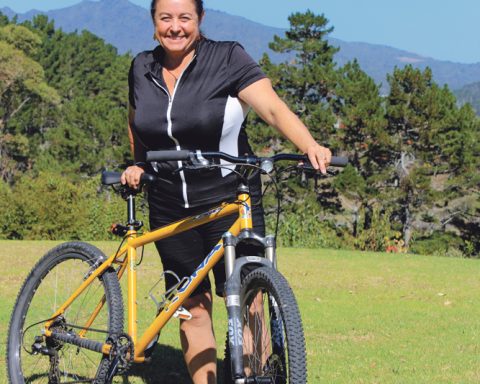So you’ve checked out how much you can borrow through the bank’s online calculator and thought “that works!”, only to find when you go and apply for the loan it’s not as much as you thought it would be.
Apart from the obvious change with rising interest rates, there is another important part of the process going on in the background that the banks use to assess your application and it’s called the “stress-test”.
A stress-test is when a bank assesses whether you can afford to continue to make mortgage payments at a higher interest rate than the one you’re expecting (at some banks this can be up to 2.5% on top of the current floating rate). This helps them to get an idea of what could happen in the future should the interest rate increase and to make sure you can still make the repayments. If you can meet the serviceability at the stress-test rate, then broadly speaking you pass the test, and as long as the rest of your application stacks up the lending is approved.
As interest rates rise, the stress test will also increase, so to maximise your chances of getting the home you really want you need to get your expenditure in check. How much you spend has a direct impact on the amount you can borrow. By lowering your expenditure you will increase your chances of getting that loan approved.
Here are a few tried and tested ways to get that spending in check!
Make a list of non-essential expenses, the things you can live without for a while. By cutting back on eating out, coffees and Uber Eats you can free up a bunch of hard earned money which can make a huge difference to the amount you will be able to borrow!
Look for ways to reduce your essential or fixed expenses, like cutting back on subscription services (do you really need Netflix, SkyTV, Neon & Disney Plus all at once?) You could also consider switching to a cheaper energy, internet, or phone provider. There are companies such as FastConnect that do this for you and have the latest special offers from all providers at their fingertips! Too easy.
While you’re in savings mode – why not get rid of that credit card that you’ve been holding on to for a rainy day? While it’s handy to have, a credit card limit actually goes against you when applying for a mortgage, even if you don’t have a balance owing. This is because lenders will usually factor in the assumption that your credit card limit is fully used when calculating your borrowing power. It’s amazing how something so small can have such a big impact!
Remember not all banks are created equal and they don’t all have the same stress-test rate. By using a Mortgage Adviser you can get access to over 25 different lenders and be rest assured that you are getting the most out of your borrowing power
Abbe Daysh
abbe.daysh@loanmarket.co.nz
0211 540 840











